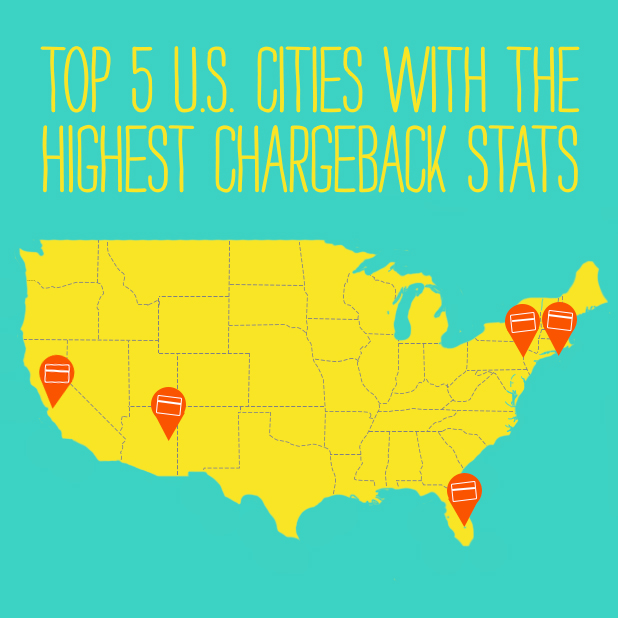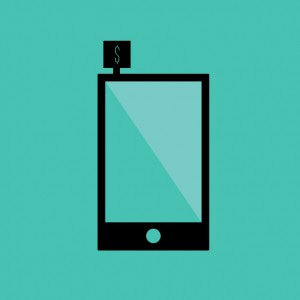Changes are coming to way we purchase just about everything. After a few years of lagging behind the rest of the world, the U.S. is finally making its way toward EMV cards nationwide. EMV (Europay, Mastercard, Visa) capable cards are a leap into the future from traditional magnetic swipe cards of the past. So what do you need to know about this new economic innovation?
1. EMV Is The Safest Way to Purchase
Most individuals have already moved away from cash in preference of using cards to maintain their accounts and make purchases. However, even our cards are susceptible to fraud and misuse. The reason behind this is because the information contained on the magnetic strip never changes. If a criminal duplicates that strip they have the consumer’s information. EMV cards will have microchips instead. The information on these chips will change with each transaction making them impossible to replicate.
 2. EMV Transactions Will Be Slower
2. EMV Transactions Will Be Slower
Unlike quick swipe cards, EMV cards use a process called “dipping.” The card is dipped into a data portal where you must allow time for the machine to read the card. Because the verification process is more thorough, the process will take a bit longer.
3. Most EMV Cards Will Use PINs
Just like your old debit cards, new EMV cards will also have a PIN number.
4. New Fraud Rules With the Advent of EMV Cards
One of the big controversies associated with card fraud has always been who the blame should fall on when fraud occurs. Starting October 2015, major U.S. card issuers will hold non-compliant EMV parties liable when fraud occurs. So if a merchant has not gotten on board with EMV, and something fraudulent takes place, then the merchant may be held liable.
 5. Most Merchant Terminals Will Be EMV Compliant By 2017
5. Most Merchant Terminals Will Be EMV Compliant By 2017
The EMV shift will take some time. Although merchants are being encouraged to be compliant by 2015 to avoid fraud liability, automated fuel dispensers will be compliant by 2017.
6. You Can Use EMV Cards With Non-Compliant Merchants
Although the risk of fraud is greater, non- compliant merchants will be able to process EMV cards with their old card machines.
 7. EMV Cards Are Great For Traveling
7. EMV Cards Are Great For Traveling
The U.S. is actually one of the last major markets to change over to EMV cards, so if you are traveling outside of the U.S. it is likely that you will have an even easier time using them while traveling abroad.
8. EMV Cards Will Not Solve Online Fraud
Do not get the idea that EMV cards will solve all forms of fraud. Online fraud can still take place within the new system which is why consumers and merchants are encouraged to continue to keep tight reigns on their transactions and security measures.
9. Expect to See A New Card Soon
When the financial institutions that you use become EMV compliant, you will receive a new EMV card or smart card with instructions on how to use and protect it.
10. Merchants Need to Get On Board
In order to avoid the risk of huge fraud liability, merchants do not need to drag their feet on EMV compliance. Updating systems and getting on board with EMV can safeguard small to mid-size businesses from being a part of possible fraud situations.
Stay up to date on payment processing trends by following Abtek on Twitter and Facebook. Sign up to receive our newsletter, too.




 According to
According to 



